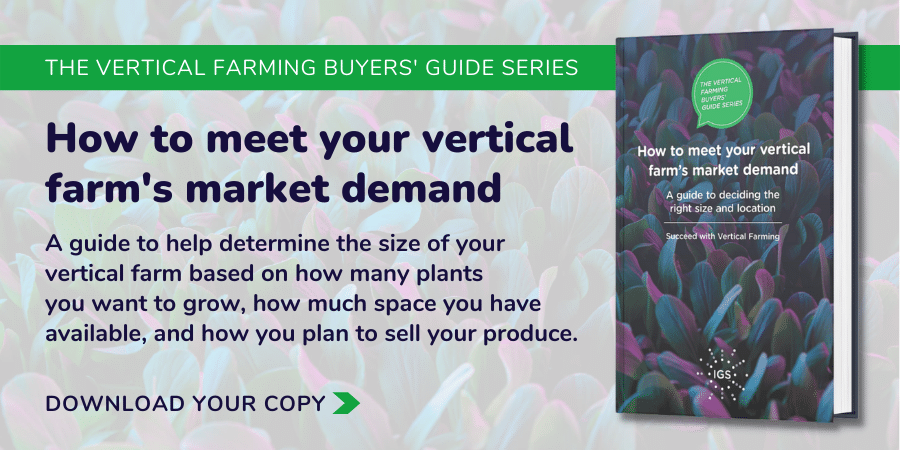Revolutionizing Agriculture: Indoor Vertical Farming With Pipp Horticulture | Planted Detroit Case Study
Pipp Horticulture has quickly become an industry-leading Mobile Vertical Growing Solutions provider, with installations in over 2,500 grow rooms worldwide. Pipp’s Mobile Vertical Grow Racks allow cultivators to maximize production capability, reduce operating costs, and increase overall revenue per square foot by maximizing their cubic canopy footprint without increasing the square footprint of the room or building. Pipp takes pride in manufacturing all its products in the USA.
Although Pipp’s entry point into the horticulture industry was through the cannabis market, Pipp Horticulture is not limited to any specific cultivation or plant processing category.
Instead, the company looks forward to leveraging the knowledge and experience gained through the cannabis industry to develop solutions for all growers. Pipp sees tremendous growth ahead. Rooted in what indoor cultivation will mean to families, cities, and the world. The possibilities are limitless.
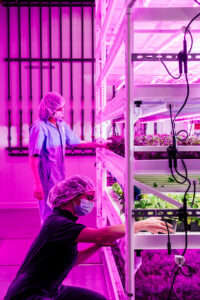
Over the years, Pipp has strategically acquired several industry leaders in the market to create a well-rounded cultivation solution. These companies include Greenhaus Industries, Vertical Air Solutions, GGS Structures, and the assets of Grow Glide. Each of these strategic acquisitions aims to provide purpose-built solutions to support all aspects of your grow facility. Through these acquisitions, Pipp has assembled a team of highly experienced cultivators.
Pipp experts work with the company’s engineers and designers to develop innovations built for the indoor vertical farming market. They also support Pipp customers before, during, and after installation. They offer expert advice and help educate the community on best practices for building and operating your indoor vertical farm.
Planted Detroit Case Study:
Planted Detroit, located in Detroit, Michigan, is a 20,000-square-foot warehouse with two grow rooms equipped with two types of LED lighting, two hydroponic systems, and a single database system for data collection and analysis. Their mission is to actively work to reduce food insecurity in their communities and come together to grow tastier, healthier, and more accessible greens sustainably.
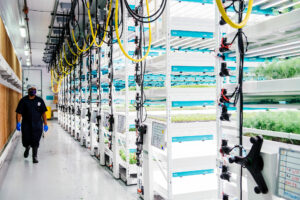
Planted Detroit is moving ahead with Pipp Horticulture as its primary provider of racking systems due to its versatility which allowed Planted Detroit to add advanced ebb-and-flow hydroponic technology to the racking system.
Pipp engineers and installation experts worked with Planted Detroit to install mobile vertical grow racking systems that were clean and biosecure. The Pipp team helped implement a controlled environment agriculture (CEA) system to help better serve their community regardless of the season. Planted Detroit wants to ensure they grow only the best greens, monitoring every aspect of their environment.
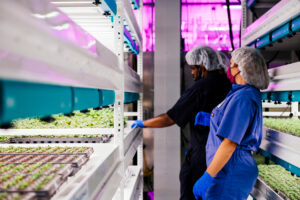
After implementing Pipp’s mobile vertical grow racking systems, Planted Detroit can quickly access and tend to all their plants and grow 8x more. They cultivate their fresh greens on Pipp’s mechanical-assist carriages, holding eight tiers of plants while utilizing 3,000 ABS combination grow trays. Pipp then helped further increase the efficiency of Planted Detroit’s growing systems with our ELEVATE® Platform System to help maintain and care for all their plants on each grow level.
All photos courtesy of EE Berger/Planted Detroit
For more information visit Pipp Horticulture
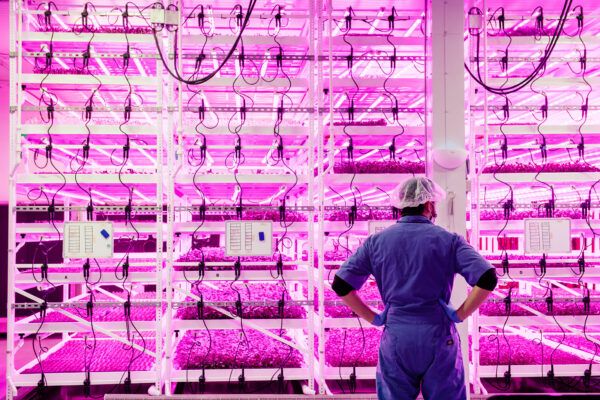
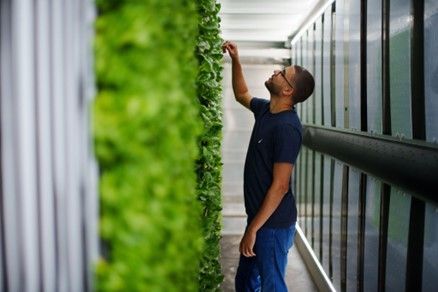
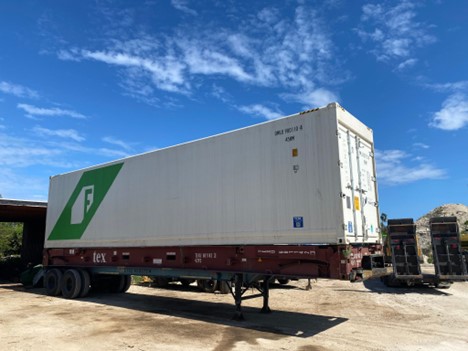
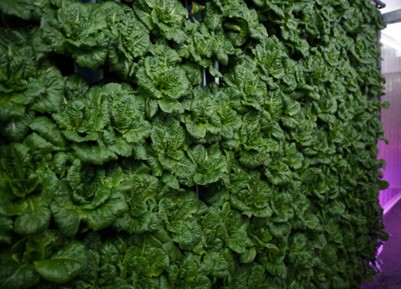
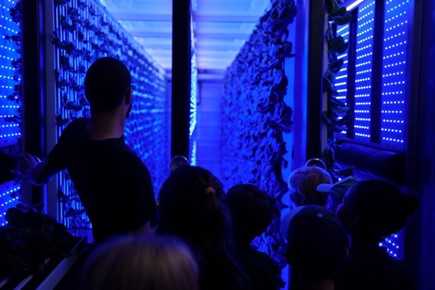
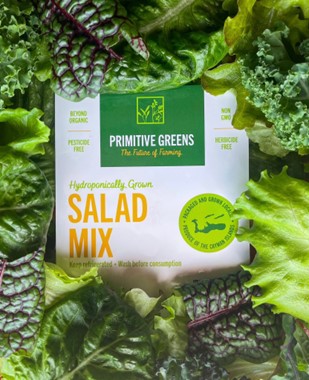 Freight Farms has seen incredible growth in the adoption of their technology in the Caribbean islands, many of which face challenges similar to the Cayman Islands’. From Turks and Caicos to the Bahamas, islanders are discovering the power of controlled environment agriculture to revolutionize food quality and access for themselves and their communities.
Freight Farms has seen incredible growth in the adoption of their technology in the Caribbean islands, many of which face challenges similar to the Cayman Islands’. From Turks and Caicos to the Bahamas, islanders are discovering the power of controlled environment agriculture to revolutionize food quality and access for themselves and their communities.
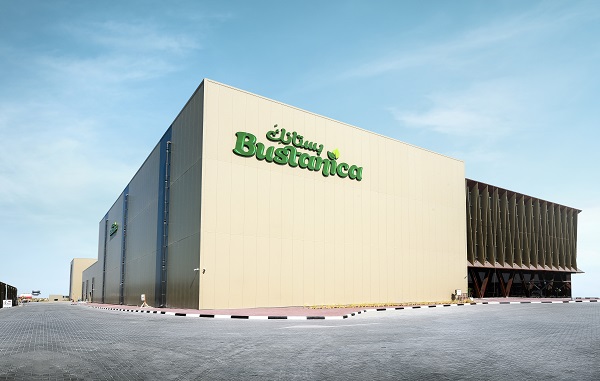 Earlier this year, Crop One and its partner Emirates Flight Catering celebrated the opening of ECO 1 (Emirates Crop One), the world’s largest vertical farm in Dubai. Can you share a little about your mission and goals for this incredible new facility?
Earlier this year, Crop One and its partner Emirates Flight Catering celebrated the opening of ECO 1 (Emirates Crop One), the world’s largest vertical farm in Dubai. Can you share a little about your mission and goals for this incredible new facility?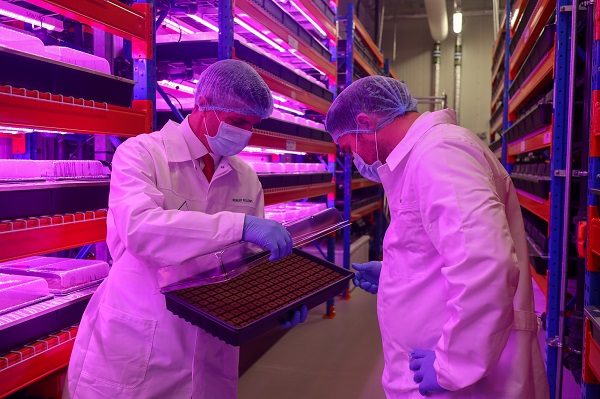 During Indoor Ag-Con, you’ll be participating in our “Food Security Through CEA” panel. What is one of the key messages you hope to share during this session?
During Indoor Ag-Con, you’ll be participating in our “Food Security Through CEA” panel. What is one of the key messages you hope to share during this session?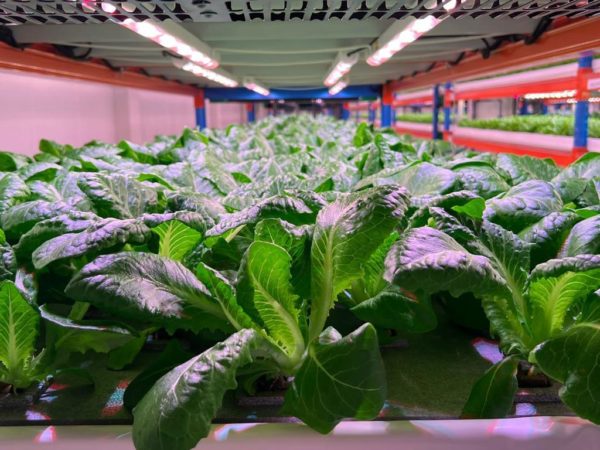 Crop One sells its fresh, local produce to 30+ US retail stores under the FreshBox Farms brand. Your marketing for the brand highlights Crop One’s “ Plants First” ™ approach. What is that and why is an important part of your messaging?
Crop One sells its fresh, local produce to 30+ US retail stores under the FreshBox Farms brand. Your marketing for the brand highlights Crop One’s “ Plants First” ™ approach. What is that and why is an important part of your messaging?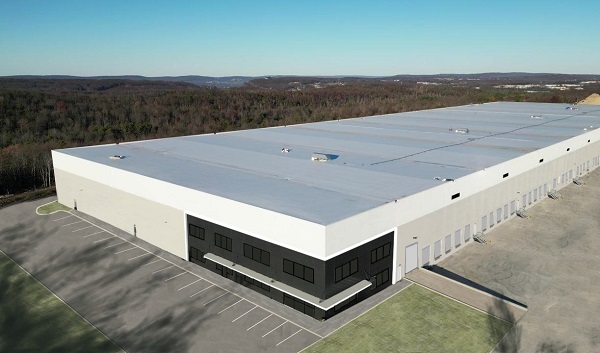
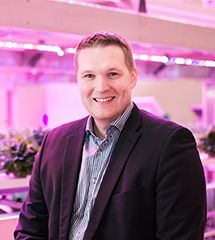
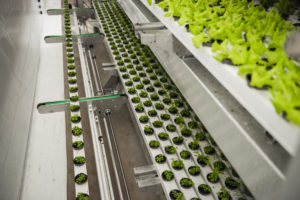 Size does matter, and the size of the market for salad and leafy greens in the U.S. and Canada is approximately $15 billion and growing. And it will continue to grow with an estimated CAGR
Size does matter, and the size of the market for salad and leafy greens in the U.S. and Canada is approximately $15 billion and growing. And it will continue to grow with an estimated CAGR 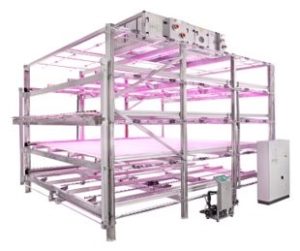 The COVID pandemic has shown us that the logistics involved in food transportation are extremely susceptible to disruption; perishable products in particular cannot be stored for long before the quality deteriorates to such an extent that they are no longer fit for sale.
The COVID pandemic has shown us that the logistics involved in food transportation are extremely susceptible to disruption; perishable products in particular cannot be stored for long before the quality deteriorates to such an extent that they are no longer fit for sale.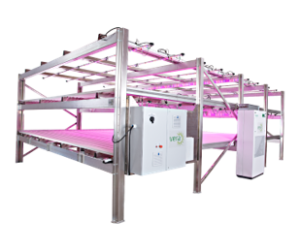 The more stages there are in the food processing and distribution, the higher the chance of some form of contamination.
The more stages there are in the food processing and distribution, the higher the chance of some form of contamination.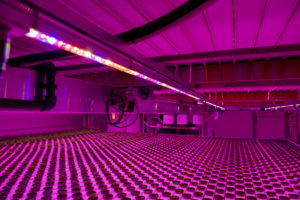 All this automation not only ensures the minimum possible amount of contamination, but it also reduces labor costs.
All this automation not only ensures the minimum possible amount of contamination, but it also reduces labor costs.